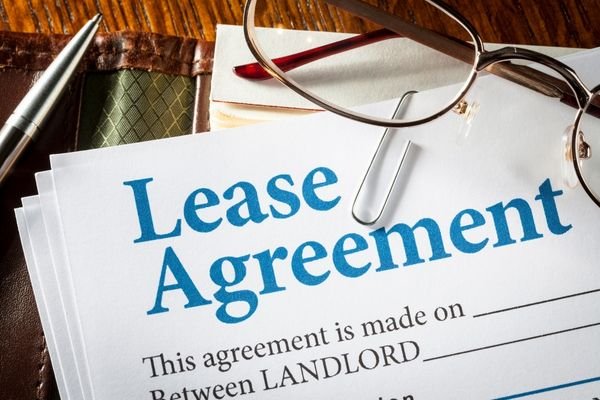Commercial Property – the Code of Practice
Written by Nick Winslet | Commercial Property | 23rd June 2020
On 19 June 2020 the Government published the Code of Practice for commercial property relationships during the COVID-19 pandemic. The Code is voluntary rather than mandatory. It’s objective is to provide a level of support to all those stakeholders in the commercial property sector. This ranges from customers and occupiers, through to the landlords and lenders.
Guidance for tenants and landlords
The Code sits alongside the other measures already introduced by the Government. These include the moratorium on forfeiture and other enforcement remedies against tenants, business rate reliefs and other loan and grant schemes.
The principles of the Code
The Code of Practice suggests that that those tenants who are able to pay their rent, should do so. Those unable to pay, should seek an arrangement with their landlord(s) in line with the principles set out in the Code.
These are:-
Transparency and collaboration. The parties are to consider themselves as partners rather than opponents, and to act reasonably, swiftly, transparently and in good faith.
A unified approach. Interested parties are encouraged to adopt a course of action that benefits all. This includes Government, utility companies and banks. Therefore everyone has an equal opportunity to mitigate the impact of the pandemic on its business operations.
Government support. If a company has received COVID-19-related Government support, they’re reminded that such support was to enable it to comply with its ongoing commitments; payment of rent included.
Acting reasonably and responsibly – to arrive at mutual beneficial solutions to survive the pandemic.
Seeking concessions
When seeking concessions (e.g. rent concessions, rent deferments, monthly rents, turnover rents) tenants should justify the need for them. Along with this, it’s also suggested that they offer some incentive to the landlord (e.g. removal of break rights, reversionary leases). In return, landlords should give concessions where they reasonably can do. If they refuse the tenant’s request, they should justify their reasoning.
Insurance, rent and service charge, being non-profit generating, should continue to be paid by tenants; unless similar concessions to the principal rent are agreed in terms of frequency of payment. Any solutions in relation to service charge should take account of the RICS Professional Statement Service Charges in Commercial Property, 1st edition, and of all RICS guidance in relation to service charges and COVID-19.
Voluntary, not compulsory
Despite its good intentions, the Code of Practice does not change the underlying relationship between landlords and tenants, and is not mandatory, so exactly how much impact it will have is questionable – but to be fair, the Government has the unenviable task of trying to strike a balance between multiple sets of competing interests.
What now?
If you need advice or help with regards to Commercial Property leases, give Nick Winslet, Head of our Commercial Property team, a call on 01752 827013 or email him on nwinslet@nash.co.uk. We’ll do all we can to help you.
Speak to a Commercial Property Solicitor
If anything in this article has stirred your interest, please contact our Commercial Property team. The team is lead by Nick Winslet, who can be contacted on 01752 827013 or at nwinslet@nash.co.uk. Nick and the team would love to talk to you about how they might be able to help you.











